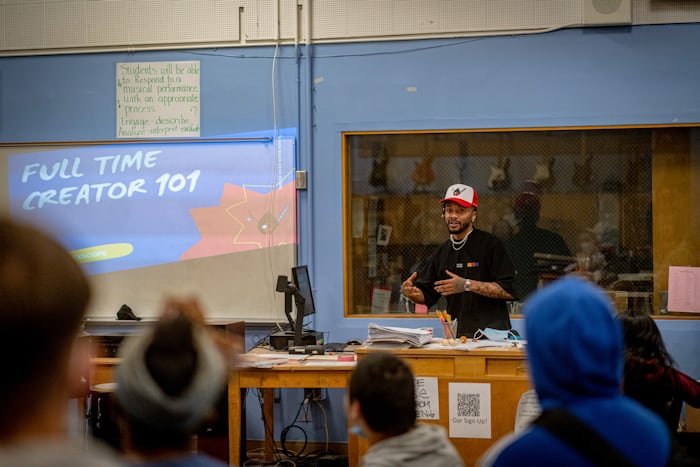Hello, everyone.
Welcome to my blog and another wonderful edition of the Hive Learners' featured post. When it comes to learning, everyone has a role to play; learning is not one-sided; the tutor has 50 percent of the role to play and the student or learner has the other 50 percent. If there is a problem on one side, then learning cannot take place. Both parties (teacher and student) involved in a learning process must play their role well in order for learning to take place. For a student to either do well in an exam or fail it, both parties must have played their part either rightly or wrongly.

One thing I know for sure is that our ability to learn and understand varies from one individual to another; the time taken for me to learn and understand a particular topic might not be the same time it takes my friend or brother. Some people are smart and intelligent, hence need little to no explanation at all to understand a topic, while we have people who are not so intelligent, who you can spend hours explaining the same thing to over and over again, and in the end they end up not understanding what you were saying all these while. Trust me, it can be annoying when a person fails to follow up, especially when you are doing everything to get them to follow and they fail to.
The few weeks I spent as a teacher before I had to leave made me understand that every teacher needs to practice patience. If possible, teachers should opt in for meditation to help them practice patience because, as a teacher, you are definitely going to come across students who, if they let you, you beat till they faint, not because they are stubborn but because of how long it takes for them to understand something very easy not to talk more about complex things, and then there are students who understand even before you say the word. Every class has these two categories of students.
As much as we have two categories of students, we also have two categories of teachers. We have teachers who are not patient enough; once they explain something and you fail to follow, it is left for you to figure it out on your own, as they will just move on with those who follow, as well as teachers who try to make sure that they carry everyone along; they don't mind teaching the same thing over and over again until everyone follows. My mathematics teacher in junior secondary school was one of those who leaves you to your fate the moment you fail to follow, and it made me hate mathematics until I met a teacher that took time to break it down, and I ended up loving mathematics, but before him, I always failed mathematics because my teacher did not care. Once he explains, it is left for you to follow, and if you don't, then see you in the exams.

For me, if a student performs poorly in school, then a background check should be carried out before blames are passed. Did the teacher play their role well? Did the student put in the effort? Like in my case above, I always try to study. Those days, mathematics was one of the subjects I spent a lot of time on, but since it was not explained to my understanding, I still end up failing because the teacher failed to play his part, so no matter how I play my part, it still won't amount to any good. So if a student performs poorly, it is either the teacher's fault or the student's fault for failing to play their role and not one-sided.